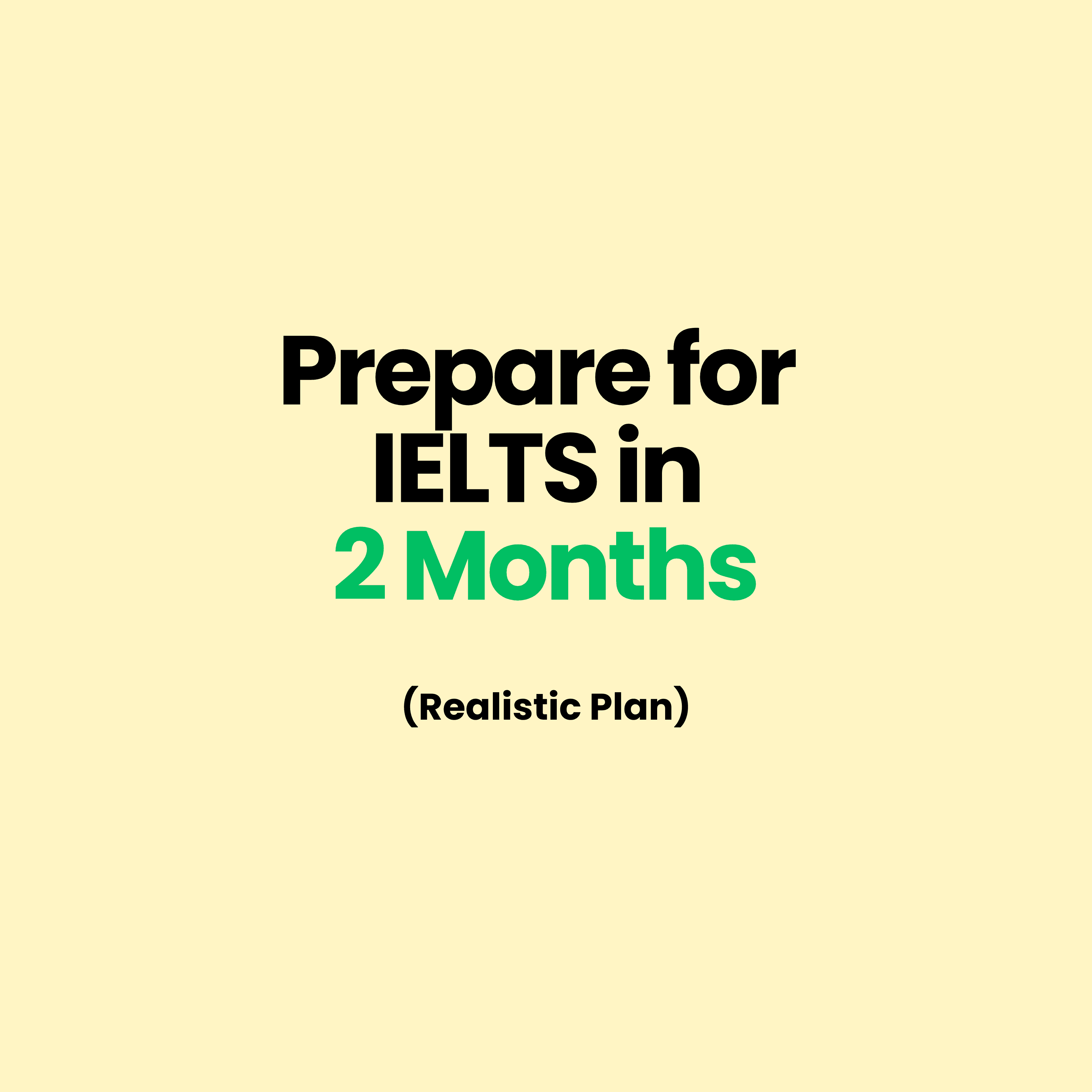Mastering Advanced IELTS Vocabulary: Upgrade Your Writing and Speaking with These High-Scoring Alternatives
Date
Jun 7, 2025
Author
Daily Native English
Introduction
Achieving a high band score in the IELTS exam requires more than just good grammar and vocabulary — it demands academic tone, lexical precision, and coherent argumentation. One effective way to demonstrate your language proficiency is by replacing common expressions with more sophisticated and formal alternatives.
In this blog post, we’ll explore seven advanced IELTS phrases that can instantly elevate the quality of your writing and speaking. We’ll provide detailed explanations, sentence examples, and practical usage tips tailored specifically for IELTS Writing Task 2 and Speaking Part 3.
1. “I think” → “From my perspective”
Why upgrade?
"I think" is acceptable in casual English but lacks the formal tone expected in IELTS academic tasks. “From my perspective” not only sounds more polished, but it also frames your opinion in a more thoughtful and structured way.
Example:
✅ From my perspective, governments should invest more in renewable energy to combat climate change.
IELTS Writing Tip:
Use this phrase in your introduction or conclusion when stating your opinion in response to the essay question.
2. “People think” → “It is widely believed that”
Why upgrade?
Generalizations need to sound objective and well-supported. “It is widely believed that” creates distance from personal opinion and lends academic credibility to your statement.
Example:
✅ It is widely believed that higher education plays a crucial role in shaping an individual’s future career.
IELTS Speaking Tip:
Use this phrase in Speaking Part 3 when discussing societal views or trends.
3. “I agree” → “I am in agreement with”
Why upgrade?
IELTS expects a formal register in both essays and certain speaking parts. “I am in agreement with” sounds more precise and scholarly than the casual “I agree.”
Example:
✅ I am in agreement with the notion that stricter traffic regulations can reduce road accidents.
IELTS Writing Tip:
Use this phrase in body paragraphs when aligning with one side of a discussion.
4. “I disagree” → “I am not convinced that”
Why upgrade?
“I disagree” can sound blunt or oversimplified. “I am not convinced that” allows for a more nuanced rejection of an idea, which is often appreciated in academic writing.
Example:
✅ I am not convinced that increasing the price of fuel is the most effective way to reduce traffic congestion.
IELTS Writing Tip:
Use this phrase to show critical thinking without sounding confrontational or overly emotional.
5. “For example” → “This is exemplified by”
Why upgrade?
“For example” is widely used and functional, but for higher IELTS bands (7+), variety and sophistication matter. “This is exemplified by” introduces examples with a more academic tone.
Example:
✅ This is exemplified by countries such as Sweden, where investment in public transport has significantly reduced private car use.
IELTS Writing Tip:
Use this phrase to link evidence to your argument seamlessly in body paragraphs.
6. “Because” → “Due to the fact that”
Why upgrade?
“Because” is grammatically correct, but "due to the fact that" adds a formal tone appropriate for academic essays.
Example:
✅ Many individuals prefer remote work due to the fact that it offers greater flexibility and work-life balance.
IELTS Writing Tip:
Use this phrase to add depth and academic rigor to your explanations.
7. “Overall” → “All things considered”
Why upgrade?
While “overall” is commonly used in conclusions, “all things considered” provides a more formal and thoughtful wrap-up, suitable for the IELTS essay conclusion.
Example:
✅ All things considered, government intervention appears essential in tackling environmental problems.
IELTS Writing Tip:
Use this in your final paragraph to sum up your key arguments and restate your position effectively.
Final Thoughts
Using advanced academic phrases can significantly improve your IELTS Writing Task 2 and Speaking Part 3 scores by demonstrating your lexical resource and command of formal language. However, remember that clarity and coherence matter just as much as vocabulary. Overusing these phrases or applying them inappropriately can sound forced or unnatural.
To make the most of these expressions:
Practice using each one in context.
Write full IELTS-style essays or paragraphs using them.
Record yourself using them in speaking responses and get feedback.
Bonus: Quick Reference Table

Frequently Asked Questions
Q: Can I still use simpler phrases like “I think” in the IELTS exam?
A: Yes, but overusing basic phrases can limit your score for Lexical Resource. Advanced phrases demonstrate better command of formal English.
Q: Is it enough to just memorize these phrases?
A: No. You need to practice them in context and understand how to integrate them into your argument effectively.
Q: Will using these phrases guarantee a Band 7 or above?
A: While vocabulary is one scoring criterion, you must also focus on task response, coherence, grammar, and pronunciation (in speaking) to achieve a high band score.
Conclusion
By replacing common expressions with advanced IELTS phrases, you're not only enriching your vocabulary but also showing examiners that you're capable of articulating ideas clearly and formally. Use the phrases listed in this blog to write more persuasive essays and engage in deeper, more thoughtful speaking responses.
Want more tips like this?
Subscribe to our newsletter and download our FREE IELTS Vocabulary Upgrade Guide to continue improving your band score today!



